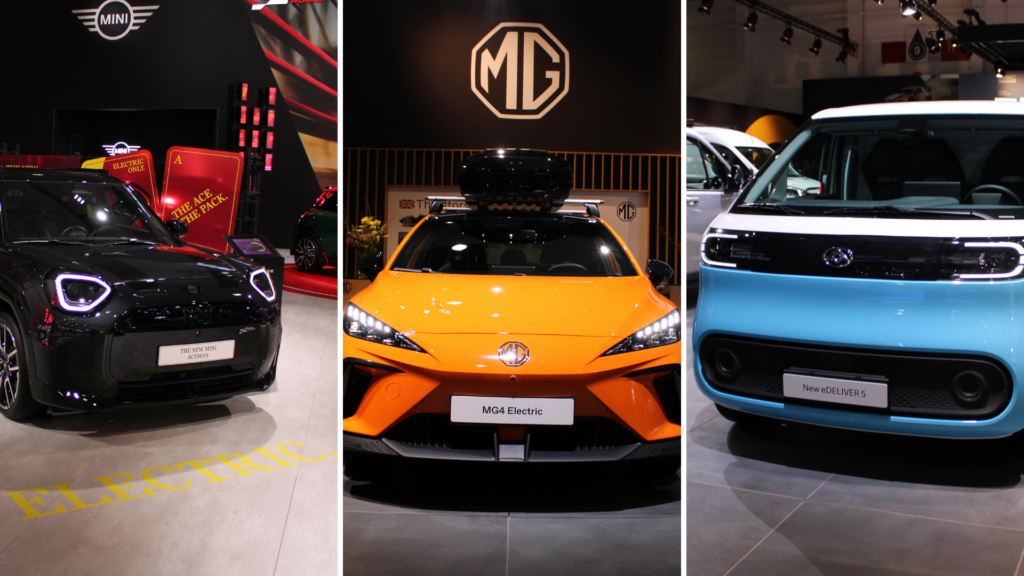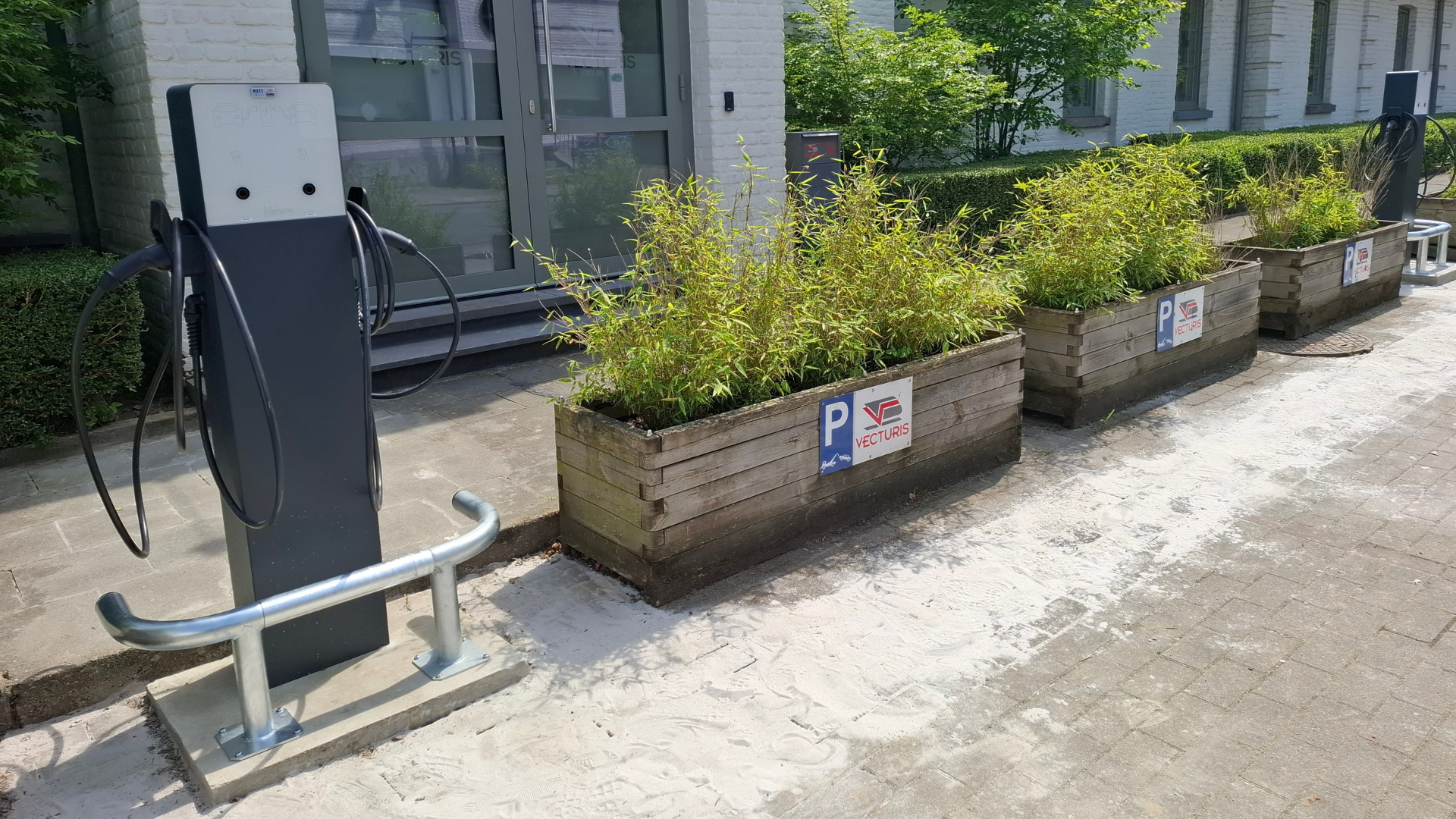Flexibility, technological openness and suitable infrastructure are needed to achieve a competitive transition to lower emission transport, according to a study by the Centre for European Policy Network (cep) on Tuesday.
As part of the Green Deal, the European Union wants to cut emissions by 55% in 2030 (compared to the levels in 1990) and achieve carbon neutrality by 2050. The automotive sector has been under pressure to transition to zero-emission vehicles as road transport is a significant source of emissions.
The study analysed whether the existing EU regulatory framework could preserve the competitive edge of the ailing European automotive industry while at the same time promoting the transition to decarbonised road transport.
Making green policy competitive
The report states that for Europe's low-emission market to thrive, policies must "guarantee the necessary enabling conditions". This includes access to affordable energy and raw materials, as well as sufficient recharging and refuelling infrastructures.
The Centre echoes calls for a "reality check" of the EU's climate targets made last week by the President of the European Automobile Manufacturers' Association (ACEA), Ola Källenius, at the Brussels Motor Show.
"We [the automobile industry] can influence the market with the product offer," Källenius said. "But if we want a 100% zero-emission future, transport and individual mobility is not going to work. You would need a comprehensive and complete charging infrastructure."
While the President acknowledged efforts made by the industry and policymakers, he stressed that the current reality of the stagnating EV market cannot be ignored.
According to Källenius, the full system change and the energy system behind it needs more work. "And why shouldn't we recognise that and have a healthy debate about it?" he asked.
Flexibility and openness
Moreover, the cep report highlights the need for flexibility for the industry to meet CO2 emission standards and deadlines, while preserving competitiveness. This includes having only a fraction of a car's fleet count for the average fleet emissions, or using emission credits, to enable companies which have reduced their emissions to sell emission credits to one that has not.
Flexibility must also extend to delaying and or relaxing emission targets for different types of transport. This includes, for example, postponing the 90% emission reduction for heavy-duty vehicles, such as buses and lorries.
In terms of "technological openness", the report's authors argue for the need for the industry to be able to test and use technologies without legislators prescribing the use of specific tech. "Politicians know even less than the industry itself which paths will turn out to be worthwhile," the report read.
The analysis was commissioned by the ACEA, which represents 16 major European car, lorry and bus manufacturers. The cep is a think tank funded by the non-profit foundation Ordnungspolitik.


